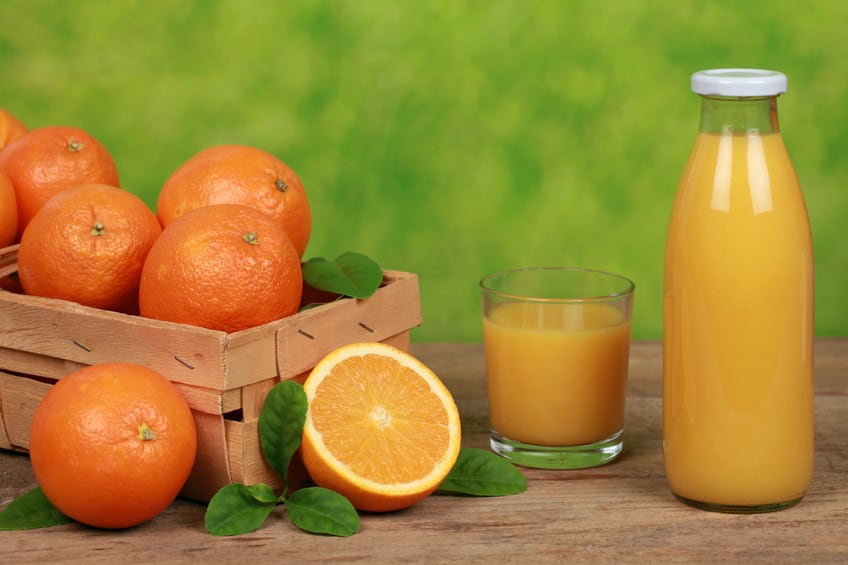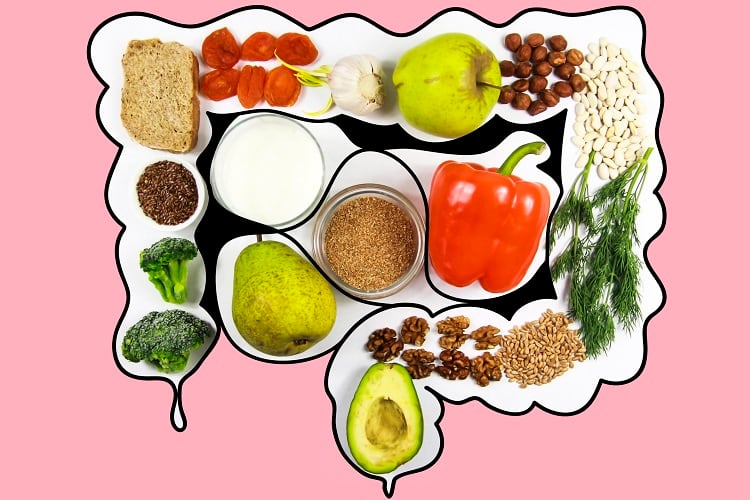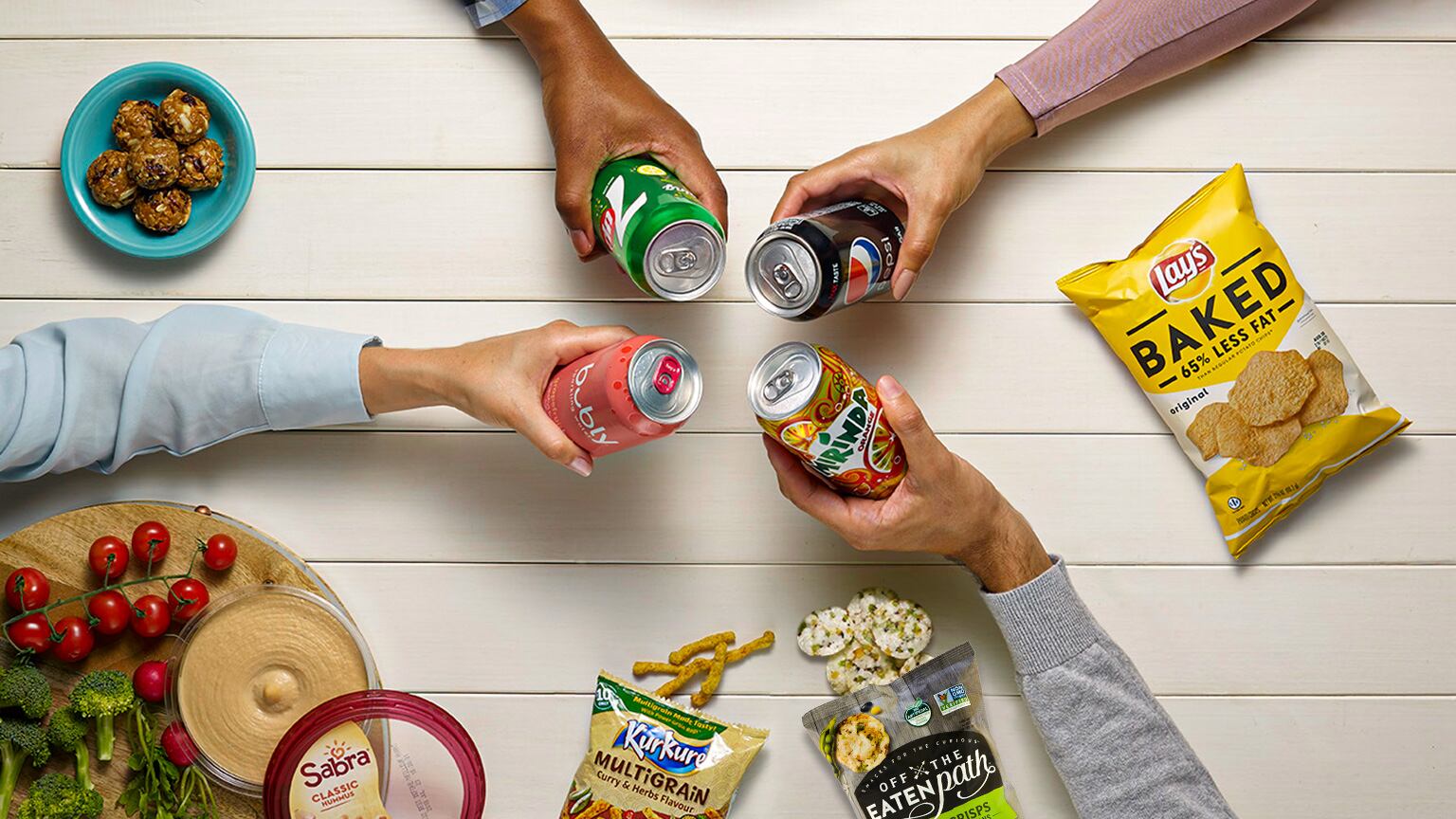Sugar has been singled out as the food sector’s chief villain. Consumption is associated with rising rates of obesity and related NCDs, including type 2 diabetes and heart disease. As a result, regulators throughout Europe are increasingly taking action to ween us off the sweet stuff – from the UK’s sugar tax to the introduction of front-of-pack NutriScore labelling.
According to data from the USDA, sodas and orange juice contain roughly equivalent amounts of sugar at 8.97g and 8.4g per 100g respectively. 100% fruit juice has therefore been classified as a high sugar foodstuff by World Health Organization. But, unlike soda, juice has not attracted the ire of regulators.
Indeed, according to EU law, the sugar content of 100% fruit juice must mirror the sugar content of the original fruit source - meaning it cannot have sugars added and nor can it be reformulated to reduce sugar - the European Fruit Juice Association (EFJA) suggested.
The attitude taken by European health care professionals and dietitians is also mixed.
A survey from Fruit Juice Matters, which is a ‘non-commercial’ initiative targeting health practitioners but partially funded by the EFJA, found advice on fruit juice consumption differed depending on the speciality. Dietitians and nutritionists were more likely to suggest ‘often’ that patients stopped or reduced 100% FJ consumption (23%) than positively recommending it (11%). In comparison, 12% of paediatricians and 7% of GPs frequently suggested a reduction/cessation of juice consumption while 17% and 22% respectively recommended consumption.
Professionals who advised against drinking fruit juice cited concerns that the sugar content would disrupt glycaemic control and increase the risk of type 2 diabetes or contribute to obesity risk. Fruit Juice Matters points to scientific studies that downplay this possibility.
“This view conflicts with the evidence. For example, two meta-analyses of randomised controlled trials reported that consumption of 100% fruit juice had no significant impact on fasting blood glucose, insulin sensitivity or glycosylated haemoglobin levels. Anothermeta-analysis of prospective cohorts reported that 100% fruit juice consumption was unrelated to the risk of type 2 diabetes onset. In 2015, the UK’s Scientific Advisory Committee on Nutrition reported no significant association between unsweetened 100% fruit juice consumption and body mass index, body fatness or fat distribution.
“The reason for these findings may be that the glycaemic index (GI) of 100% FJ is low to moderate – in the case of orange juice,it is 50 compared with 47 in whole oranges.”
Fruit juice’s positive nutrition credentials
What of those healthcare professionals that were more likely to recommend increasing fruit juice consumption?
The primary reasons for doing so were because it is rich in nutrients, particularly Vitamin C, and contributes to daily fruit intake.
A fresh survey, conducted by Brandwatch in the Germany, the UK, France and Spain, found that consumers, too, link orange juice with vitamin C and immunity support.
The poll, which took in the opinion of more than 2,000 people and was funded by fruit juice companies in Europe and Brazil, found almost 70% of consumers said vitamin C was ‘important’ for health.
The onset of the COVID-19 pandemic in Europe and around the world has meant immunity is increasingly in the spotlight. Several years ago, the European Commission authorised a health claim stating that vitamin C – and folate which is also found naturally in orange juice – “contribute to the normal function of the immune system”. These claims are permitted on pack and in direct communications to consumers.
And the message appears to be getting through. In total, 45% stated that drinking orange juice supports immune function while one-third of respondents were unsure.
“The European Food Safety Authority has set a Population Reference Intake of 110mg for men and 95mg for women and vitamin C is often added as a fortificant (or preservative) to foods, therefore increasing public awareness,” dietician Dr Carrie Ruxton told FoodNavigator.
Other nutrients were name checked by consumers in the survey. For example, 28% of consumers believed potassium was important while 17% flagged folate. However, only one in ten were aware of the importance of polyphenols – natural plant compounds which have been found in studies to influence vascular health and the gut microbiota.
This, Dr Ruxton suggested, could partially reflect lower awareness among the public of the health benefits of associated with polyphenols. “Although polyphenols have long been discussed in scientific communities, there are no official recommendations and you cannot list them legally on food labels. With thousands of different polyphenols and no specific recommendations, it is a struggle to improve public awareness. However, it is worth doing as there is now very solid evidence that polyphenol-rich diets improve health and reduce the risk of chronic diseases, such as cardiovascular disease.”
Polyphenols are a group of bioactive plant compounds, including flavonoids, stilbenes, phenolic acids and lignans. The main polyphenol in orange juice is called hesperidin.
Observational and intervention studies report that polyphenols confer health benefits, particularly for chronic diseases. There is evidence from several meta-analyses that dietary flavonoids are associated with lower all-cause mortality and CVD mortality, risk of stroke, heart disease, CVD and type 2 diabetes, as well as more favourable scular and cognitive function.
“Studies have explored whether hesperidin, alone or within the natural matrix of 100% citrus juice, contributes to reduction of CVD risk and the maintenance of normal cognitive function. Clinical trials have also found that hesperidin slows down glucose absorption in the gut, leading to orange juice having a low glycaemic index compared with carbonated beverages with a similar total sugar content,” Dr Ruxton noted.
And using juice as the delivery system for hesperidin has its own specific advantages, she continued. “It seems that simply giving hesperidin as pills is not enough and the natural juice matrix is better. Interestingly, although there is more hesperidin in whole oranges than juice, the hesperidin is absorbed more effectively from juice – probably because there is less interference from fibre. In addition, there is more hesperidin in commercially-squeezed juice compared with home-squeezed juice because the mechanical juicing process is more efficient at extracting the polyphenols.”
This messaging is something that the fruit juice sector hopes will boost the reputation of juice among professionals and consumers alike.
Francois Bauwens, Programme Director for Fruit Juice Matters, told FoodNavigator: “The juice sector has a specific scientific-communication programme (Fruit Juice Matters), which is working to communicate the health and wellness benefits of including a daily glass of juice in a balanced diet. This is however a non-commercial initiative which will help to create more positive sentiments about the juice category in general.”




